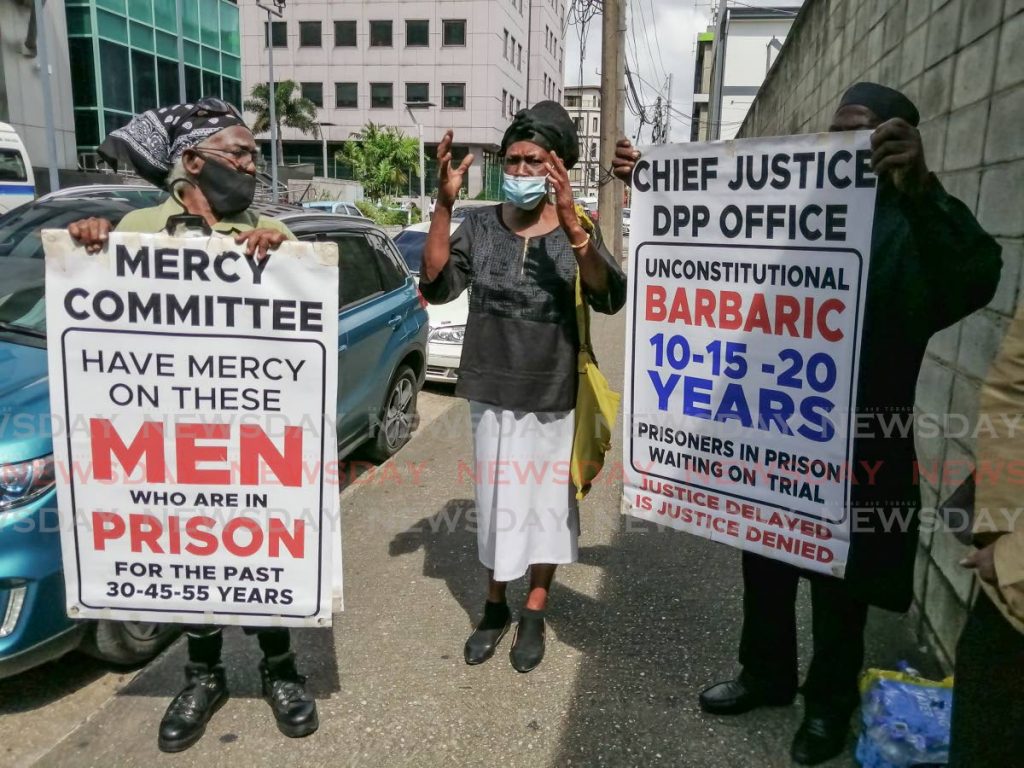Criminal injuries to justice

There was a buzz of concern when the Joint Select Committee on Local Authorities, Services Commissions and Statutory Authorities met on Wednesday to review the presentation of the Criminal Injuries Compensation Board.
The sources of that concern were the limits on both sums and time allowed for claims, set at $25,000 and one year, respectively.
T'Shara Mills-Audain, the board's social work specialist, reported that 50 per cent of the claims came from the police service's Victim and Witness Support Unit.
But fretting about financial recompense is only one aspect of the challenge facing victims of crime in TT.
There is also the issue of justice, and more relevantly, the perception of justice being done.
It wasn't under the purview of the JSC, but restorative justice, once prominent in penal reform discussions, seems to have fallen by the wayside.
Restorative justice holds that true justice must repair what the crime has damaged or taken; that it should be confronted in a discourse between perpetrator and victim, and that the changes should be fundamental, bringing change to people, their relationships and the communities in which they live.
At the inter-faith service marking the opening of the law term in 2017, Gerard Latulippe, former Canadian High Commissioner to TT, lauded the Judiciary's theme, Resetting the Criminal Justice System.
Mr Latulippe pointed out that: "Restorative justice is not a panacea for all the flaws of the justice system. A better responsiveness of the criminal justice system is key."
The reform of the criminal justice system has largely been stalled by covid19; and restorative justice has no significant role in today's penal system.
The Prison Service has been considering prison transformation since 2002, but criminals and victims remain in the silos assigned to them by the state with no opportunity to explore the healing and reconciliation opportunities that restorative justice programmes might offer.
In November 2019, the Sycamore Tree Victim Offender Mediation Initiative was launched as a pilot project. The mediation project pilot used surrogate offenders in place of the actual perpetrators of the crimes, so it’s unclear what the point of it was.
The Drug Treatment Court launched in 2012 was a potentially more effective effort at linking social change to judicial action by actively working to solve the problem of drug addiction underlying the crime. The Miscellaneous Provisions (Administration of Justice) Act, 2020, which empowers the Judiciary to implement drug treatment courts, was assented to in December 2020.
But overall, the justice system remains insistent on retribution as a solution to crime, an approach that has, by forcibly mingling minor criminals with their hardened peers, only amplified criminal activity.
Neither victims nor criminals are being served well by the existing regime.


Comments
"Criminal injuries to justice"